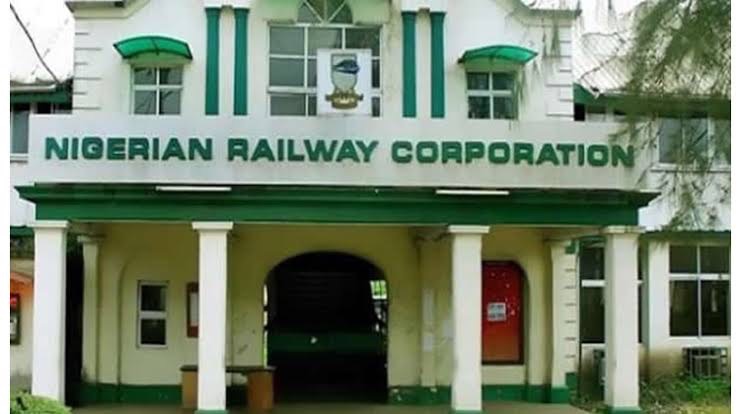The Nigerian Railway Corporation (NRC) has recently disclosed the reasons behind the noticeable dip in its passenger revenue, highlighting several factors unrelated to the cost of diesel or ticket pricing. According to an official from the Corporation, who preferred to remain anonymous, the primary causes for this downturn include a decrease in the number of operational trips, necessary repairs on certain sections of the tracks, a reduction in train speeds, and a growing apprehension among passengers about potential bandit attacks.
This clarification comes in the wake of a report by the National Bureau of Statistics (NBS) which pointed to a significant decline in revenue generated from train passengers. Contrary to speculation, the NRC official emphasized that ticket prices, which have remained unchanged since 2022, were not a contributing factor to this revenue slump.
Delving deeper into the issue, the official outlined specific operational challenges faced by the NRC. Firstly, the reduction in the frequency of trips, from six to four daily, has directly impacted revenue. This adjustment was primarily in response to a devastating attack on the train service by bandits on March 28, 2022, which led to a temporary halt in operations and a consequent cautious reduction in the number of trips post-resumption.

Security concerns have played a significant role in this scenario. The NRC received a security alert from the Department of State Security Service (DSS) warning of a potential attack on the Abuja — Kaduna Train Service, intended to kidnap passengers for ransom. The disclosure of this alert to the public inevitably led to heightened fear among potential passengers, causing a noticeable drop in patronage.
Moreover, the operational efficiency of the train service has been affected by the need to reduce speed to navigate poorly maintained sections of the rail tracks safely. This adjustment has extended travel times from approximately two hours to three or more per trip, discouraging passengers, especially those with time-sensitive engagements, from using the train service.
The combination of these factors — heightened security risks, operational adjustments to ensure safety, and the physical condition of the rail infrastructure — has significantly influenced the NRC’s ability to generate passenger revenue. These insights into the operational challenges faced by the NRC shed light on the complex interplay between service delivery, security, and infrastructure maintenance in sustaining railway transportation as a viable and secure option for travelers in Nigeria.



